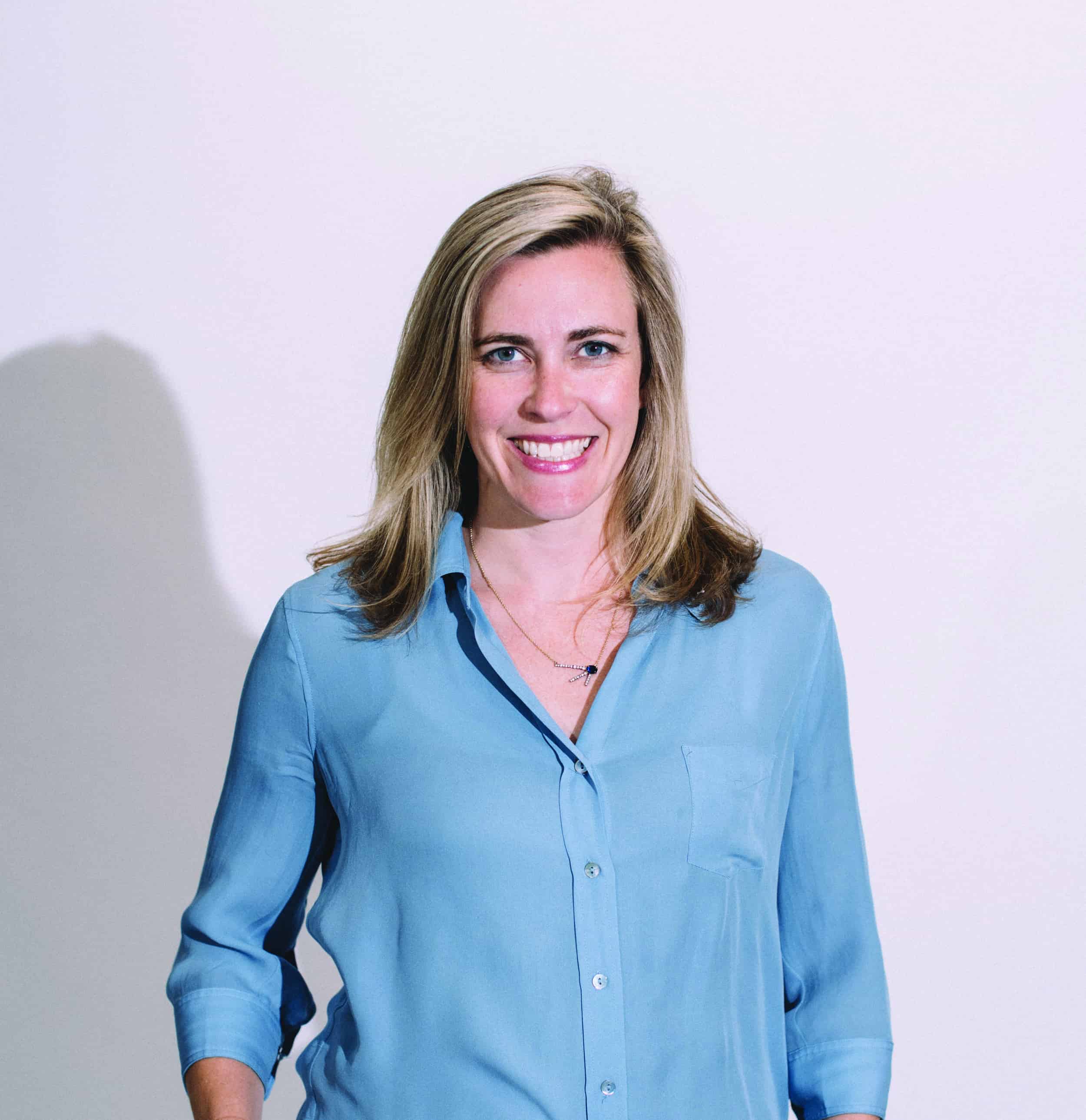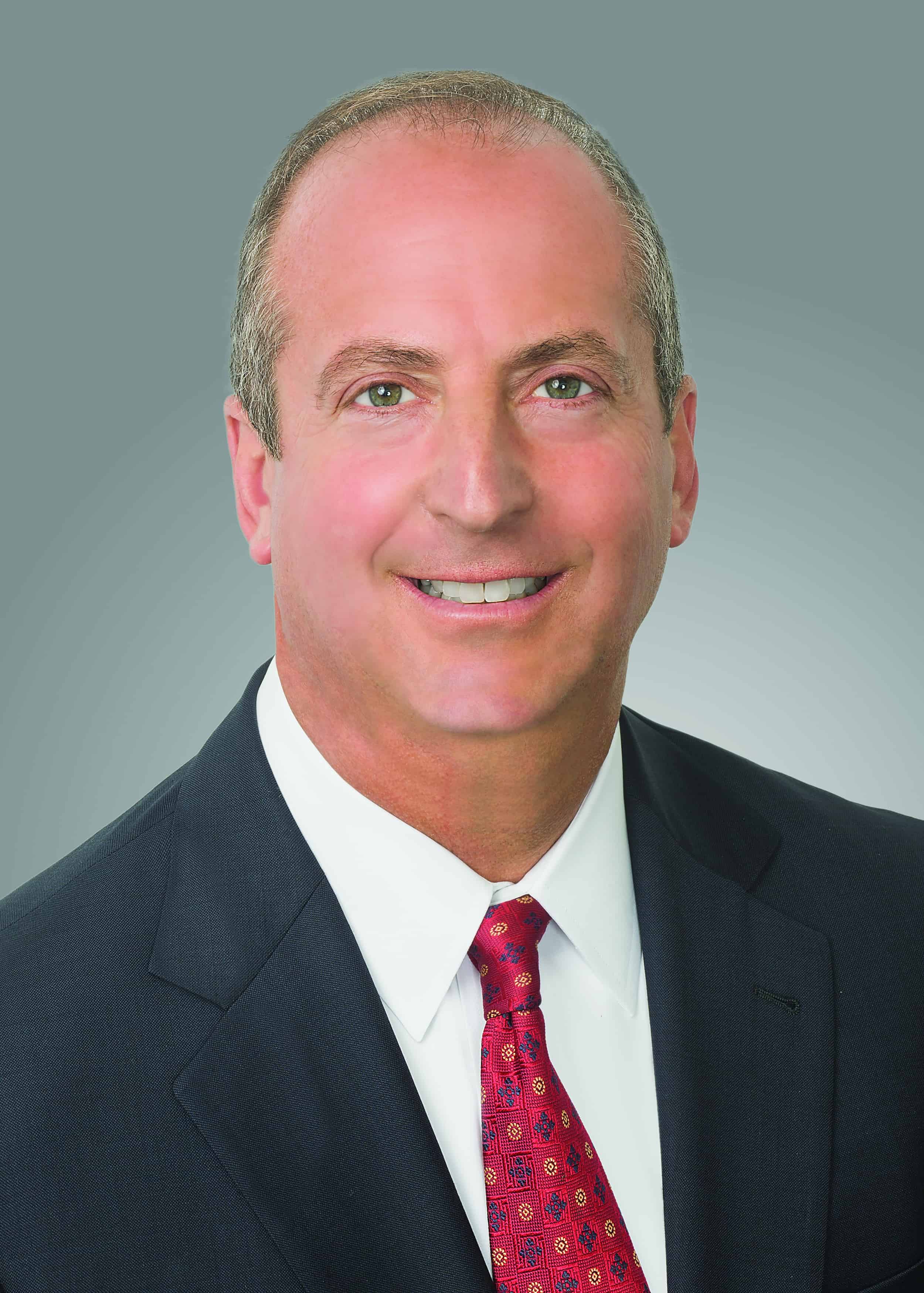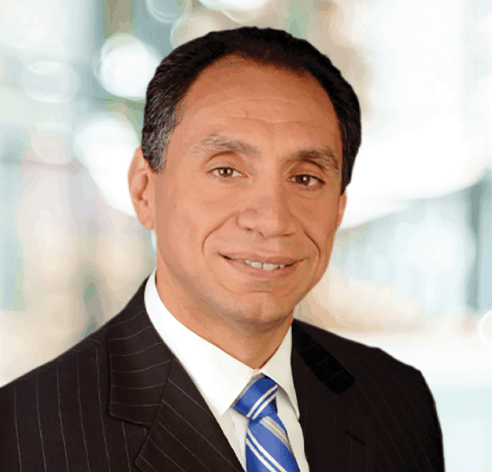
Guiding portfolio companies through the Covid-19 pandemic is the biggest challenge facing private equity firms and service providers today. Firms throughout the middle market are focused now on helping portfolio companies make decisions about reopening their businesses, assessing the impact of the coronavirus on their businesses and forging a strategy on moving forward.
“This has been the world’s largest work-from-home experiment, and how we leverage the information we collected and understand the new normal will be crucial,” says Bryan Berthold, global lead, workplace experience, at Cushman & Wakefield.
Here are insights from 5 companies leading the way: Watermill, New Heritage, Monroe, Cushman & Wakefield and EisnerAmper.
Putting manufacturing expertise to work

At the onset of every inked deal, the Watermill Group asks companies to reconfirm their value system. “We guide management through this exercise, so everyone really understands the company and its values,” says Julia Karol, president and chief operating officer of Watermill. “This work pays off especially during a crisis. Because of their values, our companies have a firm understanding of their priorities, which helped them move with speed and agility during this unprecedented situation.”
The Boston-based private equity firm, which invests heavily in manufacturing companies, has always emphasized safety first at its portfolio companies. This holds especially true during the coronavirus pandemic. “We are checking in with our companies more frequently and we worked through how to keep our team members safe and ensure that our general business practices are OK to weather Covid now and then for the long tail of impact,” Karol says.
Because of their global investments, Watermill benefited from seeing effective practices in responding to Covid-19 early on, which allowed them to move quickly to put best practices in place at all of their manufacturing companies, Karol says. “Early on we learned to socially isolate; take temperatures; change lunch schedules so fewer people were sitting together, for example. These tactics prepared us for when Covid arrived in the U.S. Some of our U.S. companies were even able to purchase masks and hand sanitizer ahead of the spread to the U.S.,” she says. Other tactics Watermill enforced included restricting movement around plants, stopping administrative walk-throughs and employing extensive daily cleaning regimens.
Karol also got the firm’s portfolio company management teams on the phone with each other so they could share best practices and discuss similar issues they faced. From there, some of the firm’s portfolio companies became creative. “We had one company, Tenere, that couldn’t get hand sanitizer, so they sourced aloe and partnered with a winery and made hand sanitizer for employees,” Karol says.
Another one of Watermill’s portfolio companies, Enbi, reimagined its business to make face shields. “They are a high-tech company with deep market knowhow that make rollers for printers,” Karol says. “The company realized people who have to wear the face shields for long periods of time were getting deep welts on their foreheads. Enbi was able to make a high-grade compound that used foam across the front of the shields, so they are comfortable. Enbi will continue to make masks and explore other innovations.” Enbi is already certified in Europe to provide face shields and is working on getting certification to sell their face shields in the U.S.
“It’s awesome to see the whole manufacturing community using their skills and expertise to help. It’s been very heartening to see that,” Karol says.
Shoring up capital, providing flexibility

New Heritage Capital has been focused on two things since the pandemic started: helping existing portfolio companies preserve their businesses and looking for ways to find new investments in a new world. “Our team jumped in to help portfolio companies develop daily metrics so they could see if they would be 10 percent down, 20 percent down or worse, and then they would know how they have to react,” says Mark Jrolf, managing senior partner with New Heritage. “In the short term it’s all about liquidity and making sure every company has done what they can to hold on to cash and actively collect cash.”
While working hard to support existing portfolio companies, New Heritage is already working on how to put new capital to work. “We have thought through the most productive ways to do that, which we believe is through growth capital or flexible capital options,” says Jrolf, who adds that the Boston-based firm’s strategy always had a minority investment component.
With less visibility into 2020 and 2021 earnings, business owners are reluctant to sell. “Owners feel like the price will be too low, so they really don’t want to transact at this point in time,” Jrolf says. “New Heritage’s niche has been to allow founder owners to get capital and retain ownership. Flexible structures can deal with the lack of transparency on earnings. We don’t have to rely on earnings of today; we can look at equity value targets in the next three to five years. If the value is where the founders believe it will be, they will receive a great deal.”
Since this structure isn’t new for New Heritage, the firm’s pipeline is already active with six opportunities in advanced stages. Additionally, about one third of the firm’s deals are growth equity deals while two thirds are majority deals. Going forward Jrolf expects those numbers to flip.
In addition to providing liquidity, this strategy may also be used by companies who are having trouble accessing the debt markets, which will inevitably tighten up. “It’s difficult to rely on senior debt to provide the capital that companies will need for the next six to 12 months because earnings visibility is so cloudy. It’s going to be essential to have an equity structure that is not looking at quarterly covenants,” says Jrolf.
Jrolf says New Heritage understands success can’t be defined by quarterly numbers alone and the one silver lining that may come out of the pandemic is more reliance on business fundamentals and less on computer spreadsheets. “It’s not just the numbers that make a company. It’s the competitive market, it’s the business model, the marketing. To understand the true competitive fundamentals of a business you have to be able to rely on your judgement. Spreadsheets are helpful, but it’s only a piece,” he says.
Open, candid dialogue with lenders

Monroe Capital CEO Ted Koenig is working with his private equity partners and focused on the liquidity of the portfolio companies. “It’s not about Ebitda or enterprise value or Ebitda add-backs,” Koenig says. “It’s about making sure these companies can pay their bills and cover their vendors and supplies. This is what’s crucial and what we are most focused on. Companies do fail not because of Ebitda, but because they don’t have enough liquidity.”
Moody’s baseline forecast, as of early April, predicted the global corporate default rate will jump from 3.5 percent to over 11 percent over the next 12 months. Unemployment in the U.S. today is already estimated at over 35 million, a staggering number by any reading of historical precedents.
Koenig believes private equity firms may have tough decisions to make with portfolio companies facing temporary disruptions and some with a less-certain path forward. “Companies have been away from the customer and that’s really across all industries. The questions are when will the consumer come back and will these companies have the staying power to be around for when revenue comes back again,” says Koenig.
That said, lenders are working with private equity sponsors to ease or waive covenants or defer interest or principal payments, in some cases. This cooperation is even a bigger factor in the small and middle market, where the absence of covenant-lite loans can trigger these conversations sooner, allowing investors to pull the appropriate levers and improve recovery rates and minimize losses. It is imperative that private equity sponsors engage in an active dialogue with their lenders at this crucial time, Koenig says.
Surprises are in nobody’s best interest. “Lenders have their own lenders with their own formulas and models. Ignoring the concerns of your financing partners or showing arrogance will almost certainly result in loss of control and other undesirable results. Lenders are going to have a much shorter fuse in this current environment and will tolerate far less in terms of denial from private equity sponsors or a lack of action,” Koenig says.
Going forward Koenig predicts it will not be business as usual. “Just like after the financial crisis there was a transition period before it was business as usual. Leverage levels will be lower than they were pre pandemic, enterprise multiples will be lower and pricing will be higher than it was pre crisis,” he says.
Additionally, lenders are less likely to use their balance sheet to hold as much. Club deals will likely become more popular and there will be a renewed focus on industry investments as some industries will be less popular and thus harder to finance, like aircraft, hotels, retail, cars and restaurants, Koenig says.
Work from home, and at the office

“Does Covid define the new workspace or is it back to business as usual?” asks Cushman & Wakefield’s Berthold.
Cushman & Wakefield conducted a survey of 38,000 people who are working from home to “diagnose the experience of the workers.” The results show that people working remotely had high engagement levels and people who had the proper work setup were really motivated to work from home. “The good news is most people have the tools, connectivity and broadband, and are using videoconferencing,” Berthold says. “We are seeing collaboration being amped up because everyone is in the same place. It was frustrating before when everyone was in a conference and two people were connected by phone. That is no longer an issue. For the most part, working from home has been working and people are productive.”
More than 70 percent of respondents feel the work arrangement should be maintained and have proven that productivity can happen anywhere. And yet 70 percent of Generation Zers and millennials report that they have at least one challenge working remotely whereas less than 50 percent of baby boomers report challenges.
“The younger you are, the more you are struggling. We thought the younger people would do better because they are so good with technology, but in many cases, they have distractions, roommates, no room for a proper office set up, young kids,” says Berthold.
For companies, the biggest struggle to maintain a remote work environment will likely come from personnel feeling disconnected from the company culture. Employees reported that they have high levels of pride in working for their companies and that they like the culture. But when working from home, they said it is hard to maintain that sense of personal connection to the culture and they have a weaker bond to the company.
Hybrid approach
Berthold believes a hybrid of working remotely and in the office is probably the best way to keep employees connected to company culture while allowing for social distancing and safety. “Managers used to worry if people are working when they weren’t in the office. We know that they are working hard and don’t know when to turn it off. The important thing is making sure they have a personal connection to the company and the culture; keep learning; understand the goals of the company and are informed,” says Berthold.
Berthold suggests that more time should be spent simply connecting with employees while remotely working, along with mentoring and learning rather than just discussing projects. And the employees that struggle the most out of the office may be the first ones that companies bring back. Some of the employees that struggle working remotely are sales team, research and development, and human resources personnel. “Having people work remotely all the time is a huge risk and can lead to losing talent. A hybrid approach is most likely appreciated and better for the company,” says Berthold. “We may never see 100 percent of the workforce in the same office again.”
Cybersecurity needs special attention

With some level of working remotely likely to become the norm, cybersecurity concerns have come to the forefront. Private equity firms need to critically review, assess and perhaps improve protection protocols for their portfolio companies. With so many employees working remotely it’s imperative that companies protect their data, follow policies and procedures, and be diligent when it comes to data privacy and security.
“Security is important for every company,” says Nick Tsafos, an audit partner and partner in charge of the New York office of EisnerAmper, an 1,800-person accounting firm. “Some of the things we recommend staying away from is allowing people to print documents in their home and we are telling our clients they should have a VPN and multi-step authentication process.”
It’s also important to do phishing tests, make sure all home devices are up to date and manage mobile device security for employees.
“IT departments need to be strong enough to handle all the plumbing so to speak. It’s not about being fancy. It’s about handling the ongoing needs of the companies and their clients,” says Tsafos. He says has seen companies lose business from the Department of Defense and the U.S. Army because their infrastructure was not secure enough in the remote work environment.
This is where private equity firms have the ability to differentiate themselves. Some portfolio companies aren’t large enough to have the infrastructure to handle the cyber issues of working remotely. “This is where private equity firms can provide the support that portfolio companies need to keep their data secure,” Tsafos says.
In addition to cybersecurity, documentation of changes will be key. With first-quarter valuations wrapped up, many private equity firms have already turned their attention to second-quarter valuations. Documentation will play a key role going forward.
“Thesis drift is likely to happen during this period,” Tsafos says. “A portfolio company starts doing something differently like change its end market or its operations and those changes need to be documented so everyone can see the value the company brings in today’s market and its ability to adapt to tomorrow’s market. Right now, we are seeing the changes, but we are not seeing the documentation and that’s going to have an impact on valuations. It is better to be able to make a bulletproof argument about how your portfolio company can generate cashflow and you need the documentation to be able to do that.”
The bottom line is auditors will be less likely to question the valuation if the analysis is thoughtful and well-documented.



